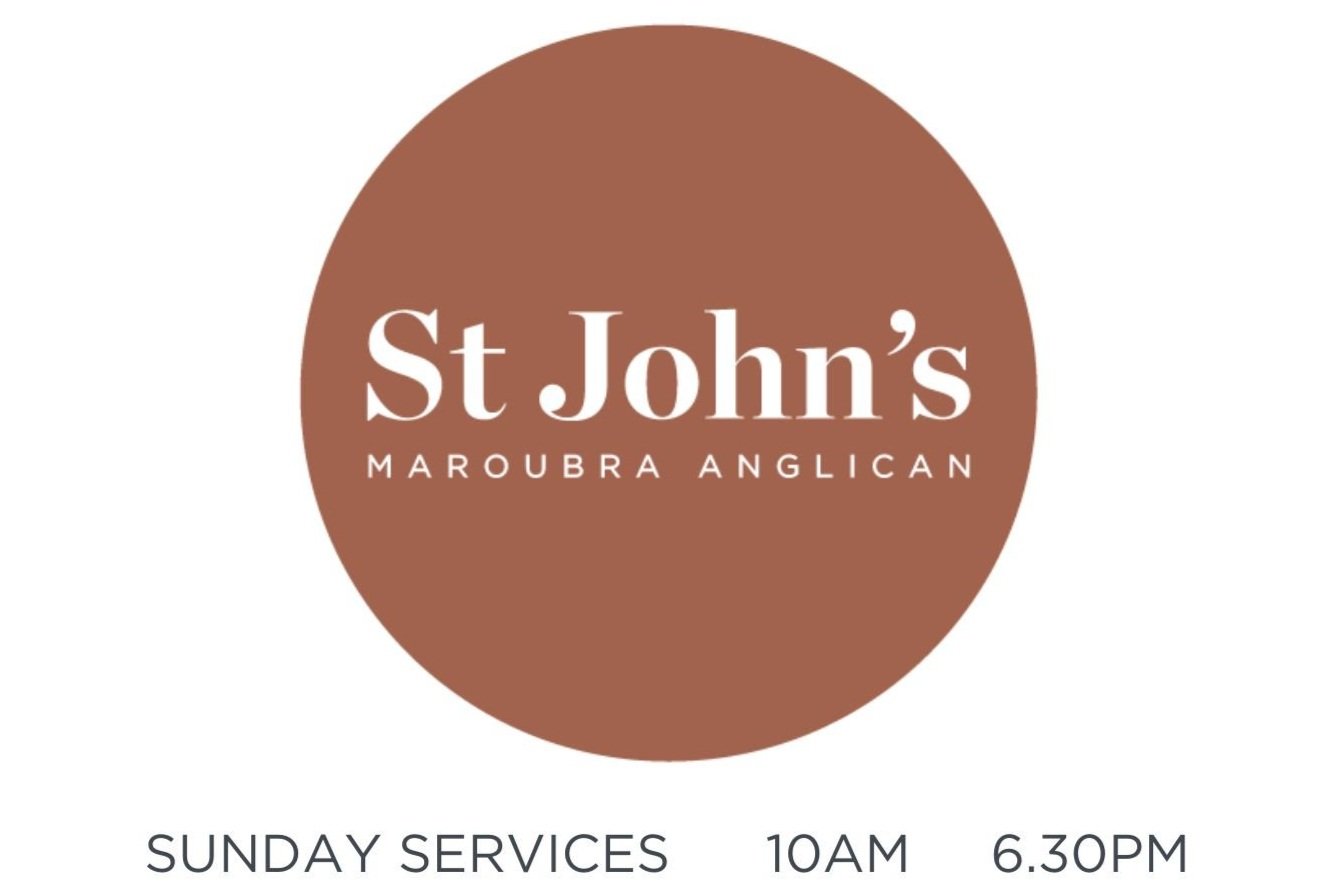This week in politics has questioned again the connection of politics and faith. A lobbyist just lost their job for mentioning Premier Dominic Perrottet’s Catholic faith. He suggested it might have impacted his politics regarding poker machine reform. (I sure hope it did) Perhaps it’s true that a politician shouldn’t let his faith run his representation of others? I don’t know, it ain’t my gig. I ain’t a politician, I’m a preacher. What should preachers’ do in the gap between church and state?
Three Ideas for Church and Politics
Here’s three basic ideas:
1. We know a relationship exists between Christians, church and politics. And a gap of separation. It’s complicated, right?
2. I work on a practical assumption that Christians should speak to politics when there is a. clear biblical ethic b. an issue with high political relevance, and c. we have some wisdom to say something useful.
3. We distinguish between a churches’ response, a pastor’s response, and a Christian’s response by asking:
a church to speak to biblical principle
a pastor to speak to biblical principle and to talk leaderly, with a mix of communal responsibility and personal risk of looking like an idiot
a Christian to act individually on political policy, according to God’s word and personal conscience
I have always hoped these principles will help me know where to put some glue in the gap between church and state. Lately, it’s made me write a few letters to our local member, on your behalf (if you could stand it), about poker machine reform. He didn’t even respond! Sorry to prove our irrelevance to politics! But there’s another matter at hand, and it matters just as much. Maybe more?
Voice to Parliament and Other Voices
I care more about reconciliation between pre- and post-colonial Australia than many things I hold near and dear. White folks and black folks coming to terms with our really difficult shared past is a traumatic necessity. This is a ‘whispering in the heart’ (Richard Windeyer, 1842) that I believe the huge majority of Australians are troubled by. We have no peace on this matter!
This is as messy as hell and as high-hoped as heaven. It’s personal and political and sometimes embarrassingly idealistic and cringey and sometimes inspired and at other times mistaken. We can’t afford neatness on this. None of us know what we are doing. But we are in the (forgive me) and we got to do something. I plan on reminding you that I think a Christian ought care a lot about First Nations Reconciliation by reposting a string of blogs I have written over the last three years about the now well-known Voice to Parliament. All this will lead to a post on why I think a multitude of voices might drown out the voice. In my view, what a historic, horrible shocker that will be. But it doesn’t need to happen!
Among all the other valid and valuable voices, there are some clear things to say that I hope to say clearly.
In the last years I have read and listened to a bunch of Indigenous leaders at this very historic time, and lately I’ve been listening to a bunch more. White voices have finally arrived, late to the party, Full of themselves, as usual. But all voices are welcome.
Of course, the time for the rest of us to have a say comes soon at a referendum, and you may be just a tiny bit interested in what I think about that. So I’ll share - with a sense of some communal responsibility, and whatever minor personal risk of you not appreciating a preacher mouthing off.
I don’t know why such a thing should surprise. These blogs will be a mix of personal opinion, and Christ-motivated reconciliation-seeking. Discard one, keep the other. I hope you stay long enough to work out what to keep and what to throw out.

